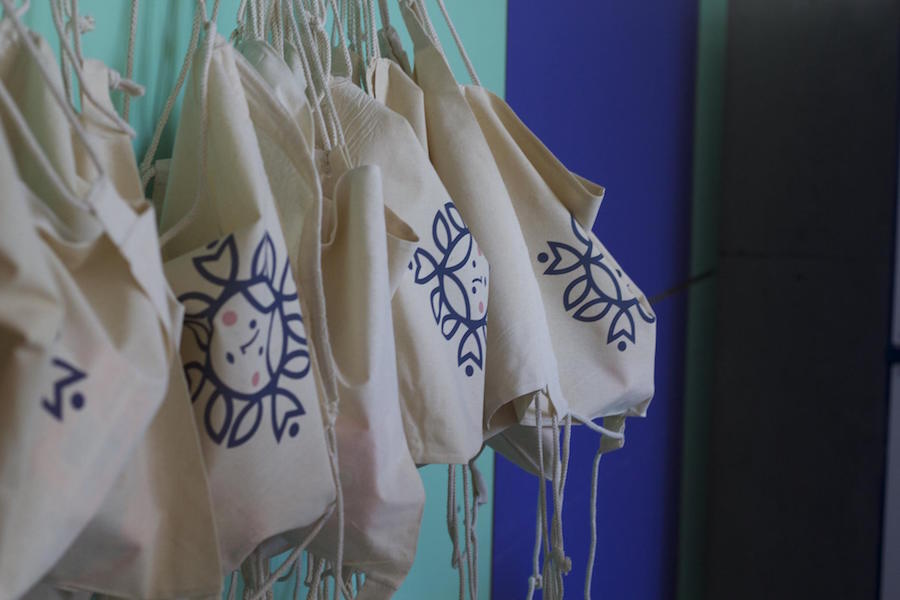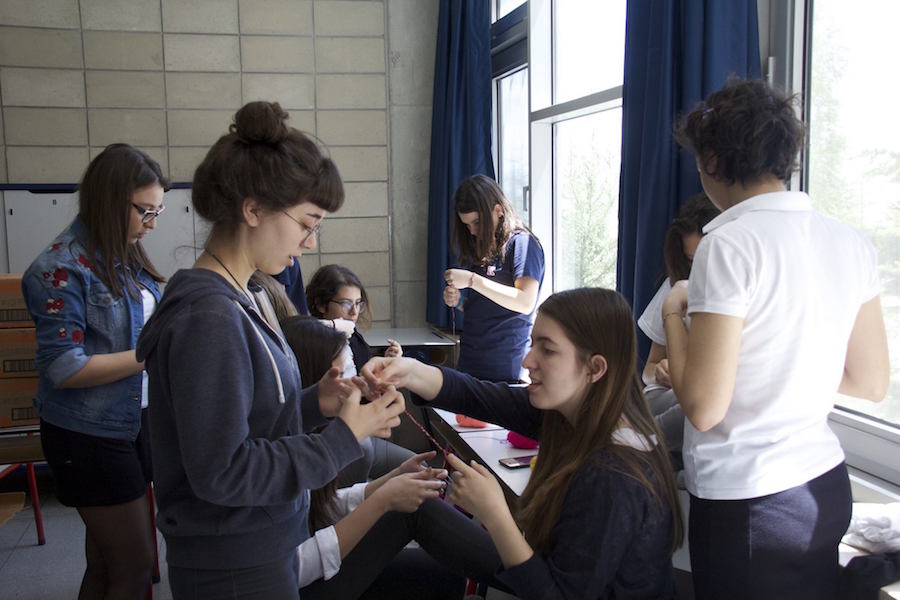
30 May Empowering Rural Women in Turkey
Want to empower rural women in Turkey? Give them sanitary pads!
It was a few months ago. I was procrastinating– as millennials do– on Twitter. Then, I saw a tweet that upset me.
The tweet was about the Turkish Language Institute (TDK), who recently updated the definition of the word ‘kirli’, which means ‘dirty’ in Turkish. One of the added definitions of the word is ‘a woman who is menstruating’.
This particular event perfectly summarises the fragile and ‘taboo’ relationship between Turkish women and menstruation.
Even though the Institute was condemned and public outrage began on social media, it showed Turkish women that menstruation is seen as a taboo and shames them for perfectly normal metabolism.
That was the point at which I understood I had to do something. I started to research. As a result, my initiative ‘We Need to Talk’ was born. Let me talk you through it.
Take a moment to visualise an advertisement for sanitary pads or tampons. It probably involves young, attractive women who happen to be university students or professionals. They are having a rough day. Chocolate crisis? Maybe. Mood swings? Possibly. Thankfully, they feel refreshed and are able to continue enjoying their day thanks to the pads or tampons they use. The reality is often different.
What the advertising neglects to show us are the thousands of women out there who have to work under very harsh conditions while having their periods. Most of them do not have access to clean and safe sanitary products, and not even clean water.
Seasonal female agricultural workers are just one example of disadvantaged groups across the world and the problem goes unaddressed amongst this social group in Turkey. There are 3 million seasonal agricultural workers in Turkey, and more than 50% of them are women. Every harvest season, these women migrate to agricultural centres with their families, where they work in the fields all day and take care of their children and houses at night, which is ultimately equivalent to an 18 hour shift. Most of them do not even know what a sanitary pad is; they use cloths which cannot be properly cleaned and some even use leaves. In the long run, their lack of access to clean water and a lack of hygiene cause serious gynaecological health issues and infections.
My initiative, ‘We Need to Talk’, aims to overcome this problem. We want to empower rural women by giving them access to sanitation. We have three groups within the community of rural women that we target: female seasonal agricultural workers, pre-teens who are going to village schools and Syrian refugees. We provide them with enough sanitary pads to last for at least one harvest season, we inform them about menstruation and the community health centres that we partner with, and we try to destroy the stigma around menstruation.
We have 25 amazing volunteers working on this initiative and we have already started our visits to village schools. We have prepared ‘period bags’ for pre-teen girls, which are useful, recyclable cloth bags, filled with sanitary pads, herbal tea for cramps, an informative handbook and some treats. We try to build a safe, strong dialogue around menstruation and to give them the message that menstruation is nothing to be ashamed of. As soon as our village school visits end, we will continue with the seasonal agricultural camps.

For many countries, agriculture is one of the key sectors for strong and sustainable growth and women make up a considerable portion of this labor force. In order to increase female labor force participation, and pave the way for economic growth, the harsh working conditions of women need to be improved. A safe working environment would make agriculture more desirable for women, which in turn would bring about increased productivity and would lead to a controlled strong growth in a crucial sector.
I highly respect female seasonal agricultural workers, who try to support their families under very harsh conditions. They were not born as lucky as me, but they are stronger than me. They deserve to know that periods are not shameful or dirty. They need to be provided with clean and safe sanitary products. Liberating and empowering rural women can only be possible by improving their working conditions. Teaching young girls and women about periods, encouraging them to speak freely about menstruation and to ask their questions, and providing women with sanitary products, can seem like a small change. But helping women to embrace their bodies and identities, securing their health, and even saving their lives through basic measures we can take, is not as simple as it seems at all.
The ‘We Need to Talk’ team are young, dynamic and open to all means of support. We believe that this is not only about hygiene, but also about dignity. And every women deserves dignity.
İlayda Eskitaşçıoğlu is a 24 year old Turkish trainee lawyer. She graduated from Bilkent University Law School and will pursue a Master of Laws in European and International Human Rights Law at Leiden University, in the Netherlands. She is passionate about human rights, feminist studies, travelling, illustration and comic books.




No Comments